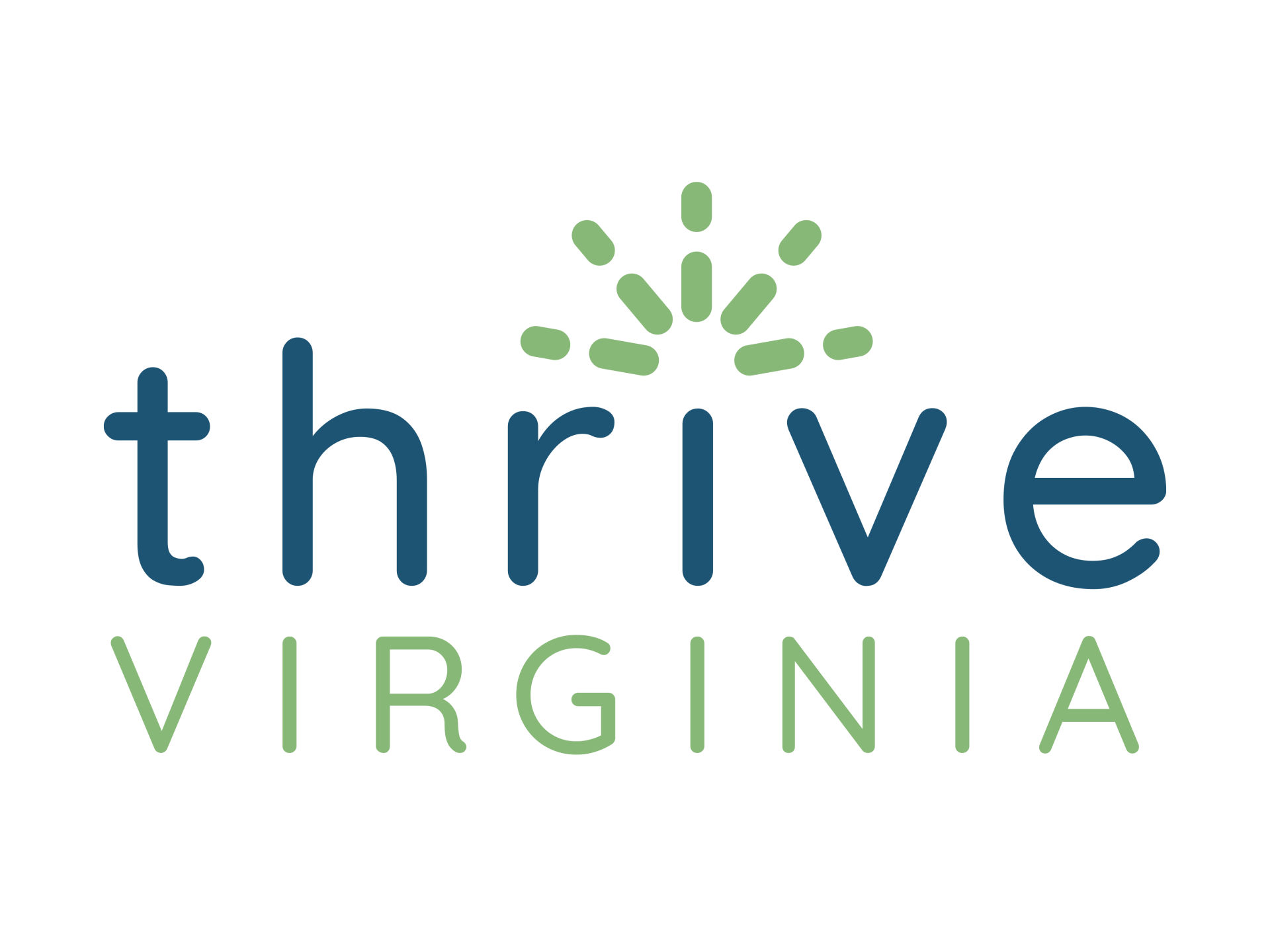Homelessness Prevention
How It Works
Our Homelessness Prevention Services have transferred to Bay Aging at https://bayaging.org/ or by phone at 804.758.2386.
If you require rental assistance for emergency services, we are still available to assist customers in our service area.
Prevention
Homelessness prevention covers all efforts to prevent homelessness, including financial assistance and supportive services that address both the root causes and immediate triggers for homeless services.
Diversion
Diversion is a strategy that prevents homelessness for households seeking shelter by helping them identify immediate alternate housing arrangements and, if necessary, connecting them with services and financial assistance to help them secure/obtain more permanent housing. Diversionary assistance may include:
- Conflict mediation
- Connection to mainstream services and/or benefits
- Provision of financial, utility, and/or rental assistance
- On-going case management
Case Management
Families typically meet with a case manager to start housing stabilization planning immediately after being assessed and deemed appropriate for diversion. Housing planning involves both finding immediate housing and planning for longer-term housing stability.
Program Participant Eligibility
Thrive Virginia’s Homelessness Prevention program targets those who are at imminent risk of being homeless. It includes households that fall into the following categories:
- At imminent risk households: individuals and families who will imminently lose their primary nighttime residence
- Households attempting to flee domestic violence who are at imminent risk of homelessness.
Prevention assistance is limited to those households who will imminently lose their primary nighttime residence and otherwise meet all other requirements for prevention, including having household incomes below 30 percent area median income (AMI) and having no other resources, with no more than $500 in assets.
All households seeking prevention assistance must:
- Complete the initial screening through the Housing Counselor
- Address and resolve the initial housing crisis with the Housing Counselor
- Receive a Housing Barriers Assessment
- Develop a Housing Plan with the Housing Counselor
- Receive at least monthly housing-focused case management
Service Areas
- Essex
- King & Queen
- King William
- Richmond County
- Westmoreland
- Lancaster
- Northumberland
- Mathews
- Gloucester
- Middlesex




